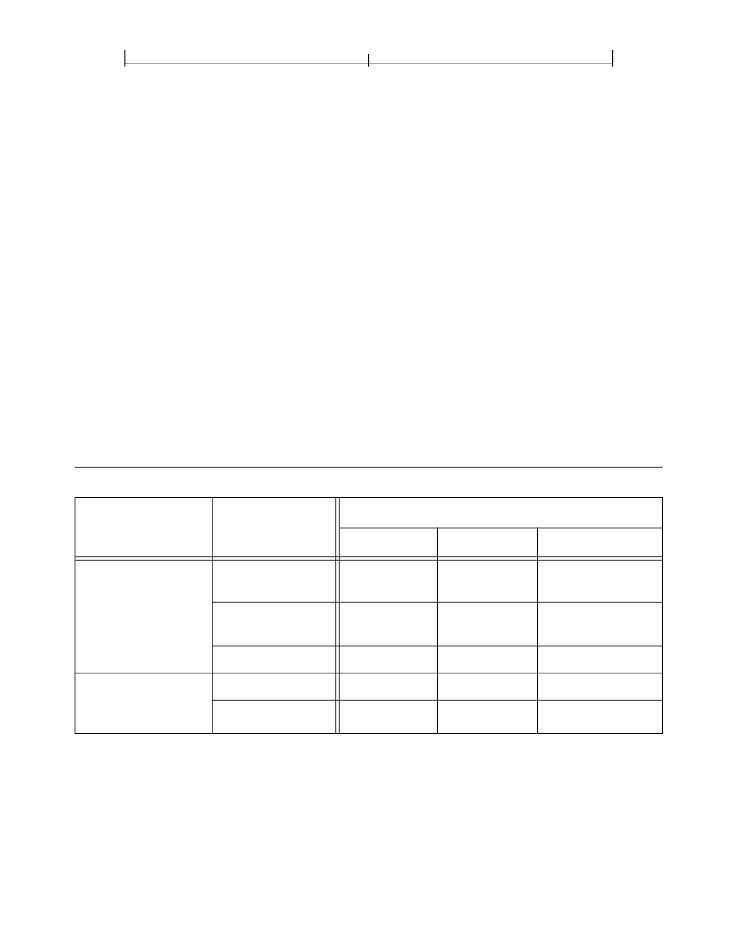
CHAPTER 7
570
Transparency
achieved by specifying the fill and stroke with separate path objects and an ex-
plicit transparency group.
Note:
Overprinting of the stroke over the fill does not work in the second case de-
scribed above (although either the fill or the stroke can still overprint the backdrop).
Furthermore, if the overprint graphics state parameter is
true
, the results are discon-
tinuous at the transition between equal and unequal values of the stroking and non-
stroking alpha constants. For this reason, it is best not to use overprinting for
combined filling and stroking operations if the stroking and nonstroking alpha con-
stants are being varied independently.
Summary of Overprinting Behavior
Tables 7.14 and 7.15 summarize the overprinting and erasing behavior in the
opaque and transparent imaging models, respectively. Table 7.14 shows the over-
printing rules used in the opaque model, as described in Section 4.5.6, “Overprint
leOverprint blend mode in the transparent model. The names
OP
and
OPM
in the
tables refer to the overprint and overprint mode parameters of the graphics state.
TABLE 7.14 Overprinting behavior in the opaque imaging model
EFFECT ON COLOR COMPONENT
SOURCE COLOR SPACE
AFFECTED COLOR
COMPONENT
OP FALSE
OP TRUE, OPM 0
OP TRUE, OPM 1
DeviceCMYK
,
C, M, Y,
or
K
Process colorant
other than
CMYK
Spot colorant
Paint source
Paint source
Paint 0.0
Paint source
Paint 0.0
Paint source
Paint source
Do not paint
Paint source
Do not paint
specified directly,
not in a sampled image
Paint source if
≠
0.0
Do not paint if
=
0.0
Paint source
Do not paint
Paint source
Do not paint
Any process color
space (including other
cases of
DeviceCMYK
)
Process colorant
Spot colorant